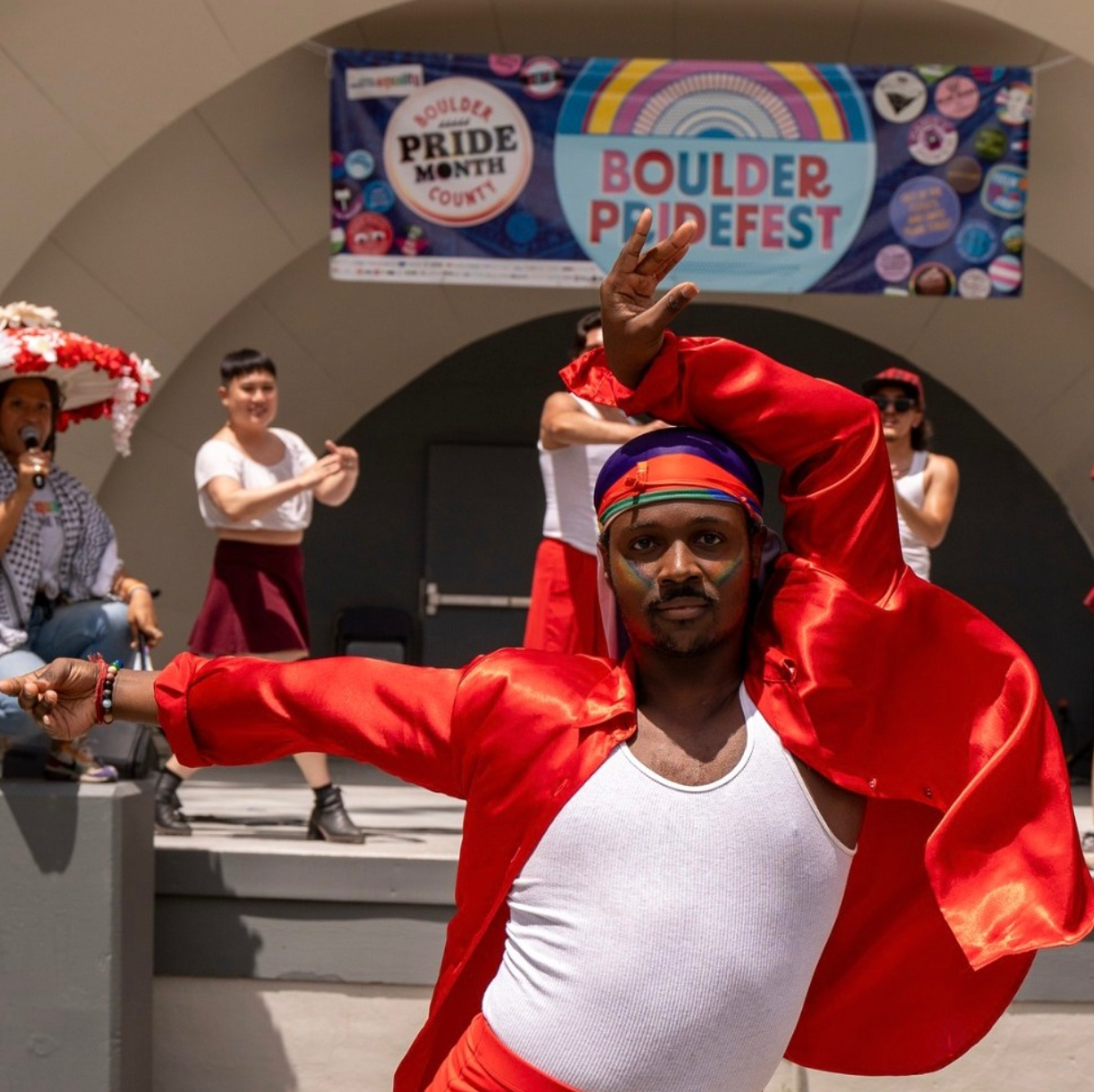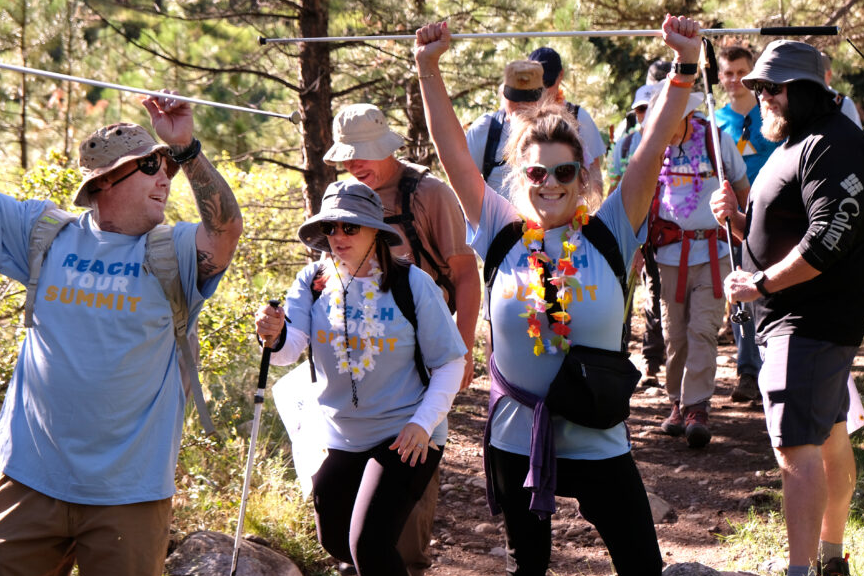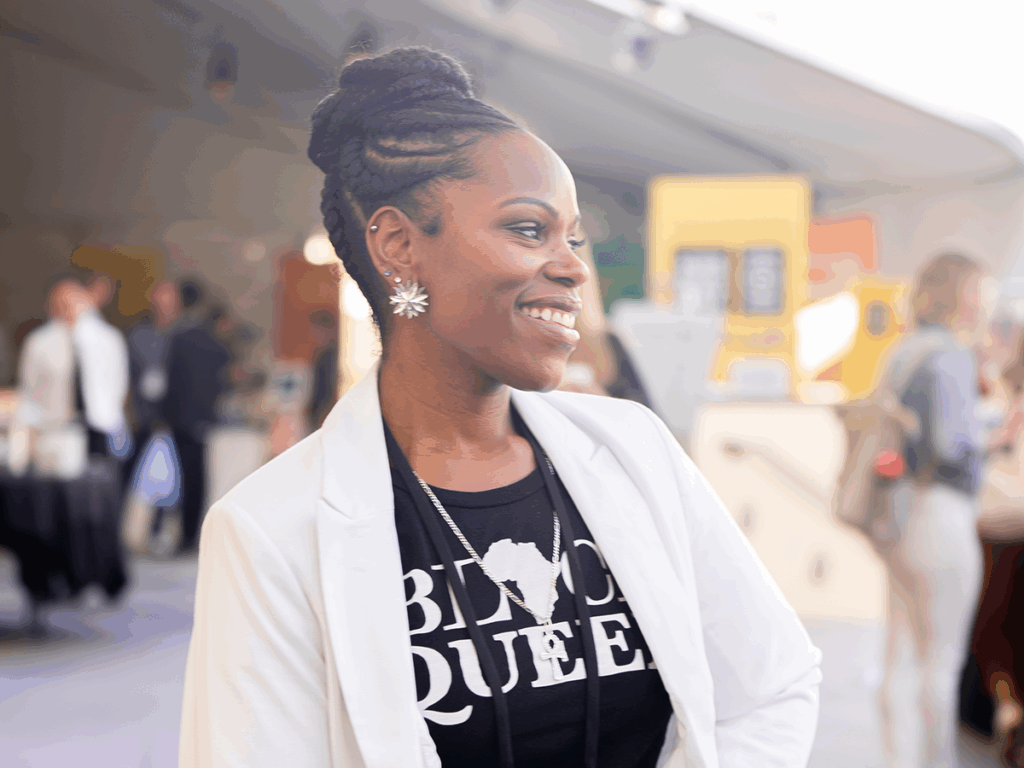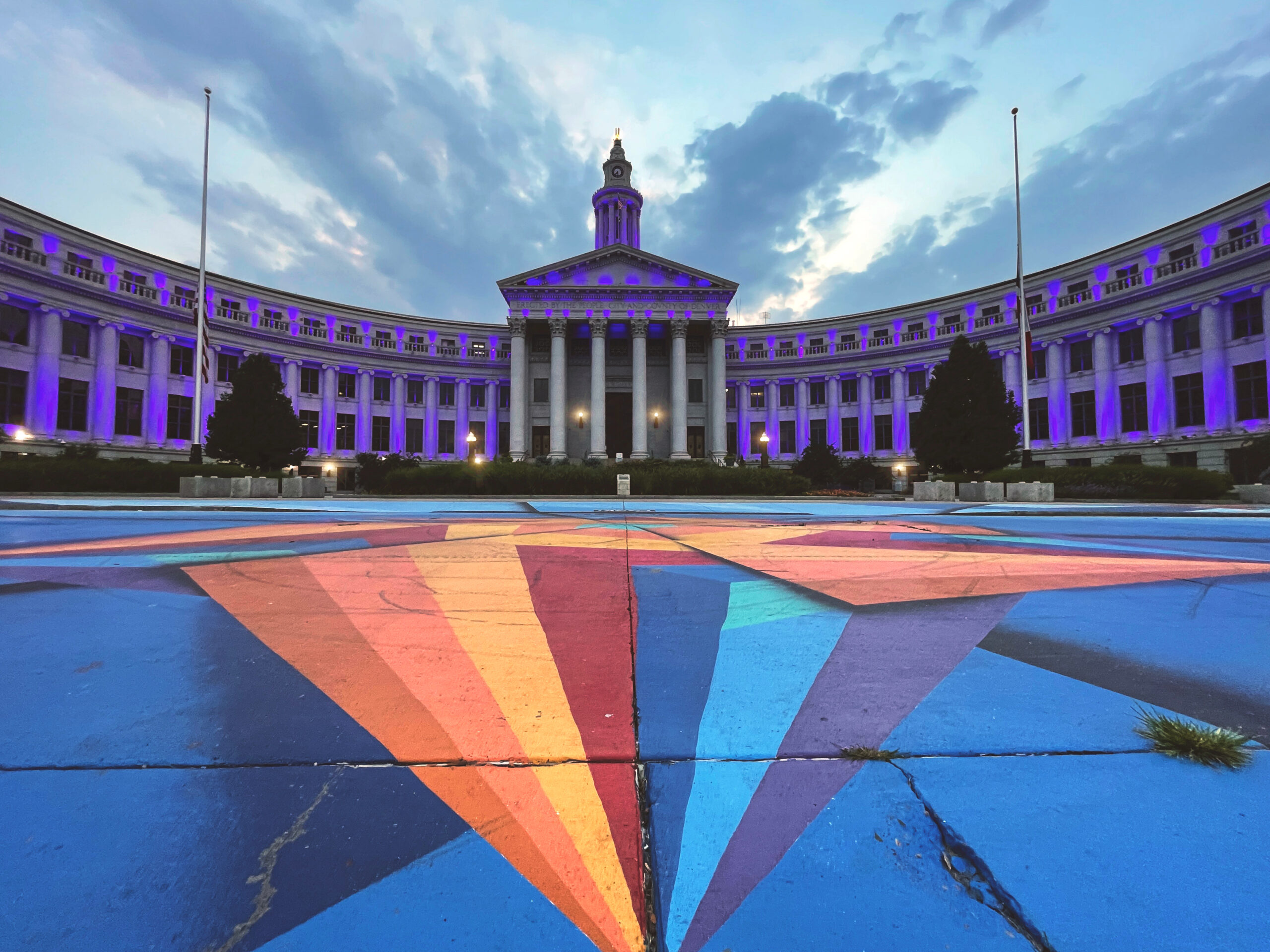The Diversity, Equity, and Inclusion (DEI) landscape is changing. Rapidly. We’re seeing companies scale back public support or eliminate DEI programs altogether, and dial back multicultural marketing and advertising. As the state of DEI evolves, purpose-driven organizations must recommit to, refine, and (potentially) reorient their approach to meet the moment.
At Vermilion, our work is energized by the need to stand in solidarity—and more importantly, collaborate —with marginalized communities. As an LGBTQ- and women-owned creative agency, we deeply understand and value diverse perspectives. We will continue to encourage clients to do the same and remain confident that maintaining authentic and meaningful DEI commitments fosters a competitive advantage as others retreat.
As we collectively build towards a better future, we will look back at this moment when organizations folded to the headwinds of a fleeting political storm and feel proud that we held firm in standing for what’s right.
Shifts in DEI language and messaging: distinguishing progressive and regressive
One way we’re seeing groups weather executive orders and political pressure is to reassess DEI language and messaging. Words like culture, belonging, justice, fairness, and resilience are replacing or clarifying words like equity, inclusion, and diversity. The rise of more neutral DEI terminology isn’t surprising; the current political environment has created legitimate compliance concerns with executive orders that categorize DEI as “illegal and discriminatory.” As a result, there’s an alarming push to remove and rewrite the past to better fit this administration’s vision of the future.
- Thousands of government web pages that honored the contributions of women, people of color, and other marginalized groups have been removed (NYT)
- Executive actions have targeted museums to eliminate data and exhibits about Black history, the Underground Railroad, and topics deemed “divisive” (HRW)
- Even at a local level in our recently reliable “blue” state of Colorado, the new federal mandates echo through our communities in unexpected ways. Historic sites at the Amache and Sand Creek Massacre now feature signage asking visitors to report historical information that might be “negative about either past or living Americans,” a clear attempt to sanitize difficult truths about our history (Colorado Sun)
There’s updating messaging and then there’s erasing history. For some organizations, language shifts are crucial to continuing life-saving work. And, language for marginalized communities also naturally evolves over time. For decades, a generation of LGBTQ+ folks bristled at being called “queer,” historically used as a slur, during and well before the fight for marriage equality. Today, more and more folks reclaim and embrace “queer” as a umbrella term for the complex nature of sexuality and gender.
The impact that words have can change. And not all change is bad. So while updating language to meet the moment and weather a storm might be part of an organization’s DEI strategy, it’s important to maintain the integrity of what we stand for and be mindful of the long-term effects. Words can change with time, but values should remain the same.
Changing language is complex and requires careful consideration—it’s not necessarily a bad or unjust approach in order to keep the work moving forward, but there’s also deep value in staying true to your beliefs and not “rebranding” them out of fear.
Place authenticity before appearance. Maintain the programs themselves. And prioritize communication and consistency above all else.
LGBTQ+ rights and advocacy: Rocky Mountain Equality (RMEQ) & Umbrella Collective
Vermilion partners exclusively with clients working to drive positive social change. And with that, much of our creative agency’s work supports groups addressing key DEI undertakings.
One of Vermilion’s key focus areas for Diversity, Equity, and Inclusion (DEI) has been LGBTQ+ rights and advocacy. As longtime communications partners for organizations working in this space, our creative agency has been a part of the fight for equality since before marriage equality became the law of the land, and we will be there for all the battles we face ahead.

But Pride Month 2025 feels different. So far, a record-shattering 850+ anti-LGBTQ bills have been introduced across the country (the vast majority targeting transgender people), making this year the most hostile legislative environment for LGBTQ+ rights in U.S. history.
- The administration is ending LGBTQ+ suicide prevention services (NYT)
- Title IX protections have narrowed, reclassifying “sex” as strictly biological and eliminating federal data collection on gender identity (Axios)
- Transgender people are banned from military service, and the White House’s Gender Policy Council has been dissolved (Accountable)
- Project 2025 calls for rolling back discrimination protections for LGBTQ+ folks in the workplace (NWLC)
In the face of these targeted attacks, we’re proud of our long-time partnership with Rocky Mountain Equality (formerly Out Boulder County), a pillar of advocacy and representation for Colorado. Most recently, we helped them navigate language evolutions in their name and logo, and key communications to reflect their more regional scope and a sharper focus on equality. This year, RMEQ’s top priority is aggressively defending freedom, dignity, and opportunity by expanding life-saving services and policy work in the face of escalating legislative attacks. We encourage you to support them in this essential work.
In addition to groups like RMEQ , it’s also important to support and uplift the “boots on the ground” that keep the community vibrant. We’re honored to support Umbrella Collective, a Boulder-based mental health therapy group providing inclusive, intersectional therapy services that focus on liberation, acceptance, and empowerment for the LGBTQ+ community.
Disability justice and accessibility: Aftersight and Disability Law Colorado
We’re also energized by work that helps eliminate barriers for people with disabilities. Whether through legal rights enforcement or information accessibility, organizations like Aftersight and Disability Law Colorado help promote independence and community integration for people facing direct and indirect discrimination.

Colorado has a critical need for both organizations; these communities also face mounting disparities and barriers.
- 10% of Coloradans have disabilities (ACS)
- Visual impairment affects around 3% of Colorado adults (Vision Center)
- Only 44% of individuals with disabilities are employed, compared to 84% of folks without disabilities (Colorado SILC)
- People with disabilities are 2.4 times more likely to live in poverty (Colorado SILC)
Aftersight—previously Audio Information Network of Colorado—is a nonprofit dedicated to providing audio access to print information and empowering services for blind and low vision folks, or individuals who need an alternative to print. After decades of this important work, we partnered to transform the brand name and messaging, tagline, logo, and brand materials. As their services changed and the needs of their stakeholders evolved, their brand language needed to better reflect their purpose and broadened scope of services.
Disability Law Colorado promotes and protects the rights of people with disabilities and older people in Colorado through legal representation, advocacy, and education. The group is our state’s federally designated Protection and Advocacy System, operating within a network of other state-based organizations.
B Corp JEDI principles from B Lab’s new standards
Beyond the strategic messaging work for clients, we also consider our status as a Certified B Corporation as a form of shareholder responsibility.
B Lab purposefully chooses to use the term JEDI—the J stands for Justice. In the context of Justice, Equity, Diversity, and Inclusion, B Lab defines “Justice” as the process of dismantling barriers to resources and opportunities in society, so all individuals and communities can live full and dignified lives.

JEDI is a new focus area for the latest iteration of B Impact Assessment standards, and every B Corp will need to address JEDI practices to remain or become certified.
- All Certified B Corps, no matter the size, are required to work within the new JEDI requirements
- The new impact topic overlaps with and informs the Fair Work and Human Rights topics in intersectional and conscious ways
- These new standards offer a way to rise above the noise of today’s (or tomorrow’s) politics and represent a universal, unbiased, and purposeful agenda for change
To meet the requirements, B Corps will need to measure differences and diversity between groups, gather feedback from stakeholders, and take action to a create diverse and inclusive, both in and out of the workplace —all steps that Vermilion is eager to enhance and proud to take.
Phew. Okay. What’s next, and what can you do?
The state of DEI can feel daunting. Mahlet Getachew, Managing Director of Corporate Racial Equity at PolicyLink, shared a few helpful tips to stay grounded and focused during a recent B Lab webinar.
- Remember: despite attacks on DEI being new and unprecedented, non-discrimination laws haven’t changed
- Realize: fear and confusion is this administration’s goal, and their hope is to instill compliance without actually passing any new laws
- Reaffirm: this is just the beginning, so use your values as anchors to prepare for whatever’s next
- Research: misinformation is growing, and there’s tendency to react without slowing down
The state of DEI will continue to evolve. No matter the political climate, latest executive orders, legislative attacks, public sentiment, or this year’s messaging—diversity, equity, and inclusion exist as moral, business, and community imperatives. Whether there’s a need to double down, reframe, or reassess, consider the chaos of 2025 as a push to and ask yourself: How am I showing up?

